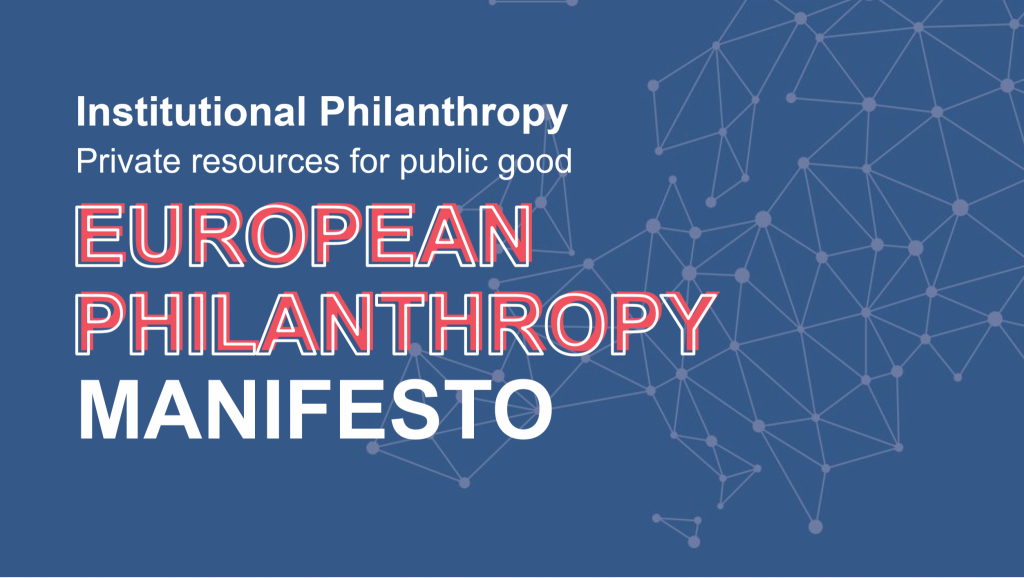Foundations vote for Europe: Felix Oldenburg, DAFNE Chair
In just over 60 days, Europe will elect a new parliament. The paths ahead diverge perhaps like never before. The idea of a united, social Europe of citizens needs all the help it can get.

On Wednesday, we, the philanthropy sector have unveiled our pro-Europe agenda of a “single market for philanthropy”, and come out strongly in support of working closer with European institutions for the public good. The European network of foundation associations, DAFNE and the European Foundation Centre have worked together in the “Philanthropy Advocacy” initiative as well as with members and policy makers, in order to arrive at four simple recommendations: Recognise philanthropy and engage with it, facilitate cross-border philanthropy, enable and protect philanthropy and co-grant and co-invest for public good and civil society.

With more detail to be found here, I would like to highlight three of the many ideas in the Philanthropy Manifesto:
First, we ask policymakers to protect the fundamental rights of the freedom of association and movement of capital and end the worrying trend towards government control of foundations, crippling foreign funding restrictions and additional regulation aimed at shutting down independent civil society.
Second, we propose to facilitate the cross-border flow of grants and social investments by removing barriers that cost the sector €100 million annually and prevent work on pressing challenges wherever they may lie.
Finally, we are suggesting a next stage of collaboration between foundations and European institutions, both in strategic co-granting and in creating incentives for co-investing from endowments – mobilising an untapped potential worth billion Euro potential.
My friend and EFC chair Massimo Lapucci has eloquently outlined the urgency of these ideas in a contribution to Alliance magazine here. Understanding philanthropy as a force that is independent from government but complementary and collaborative, requires a shift in thinking both among many foundation executives and European policy makers. However, like I argued a few months ago in “The state of foundations in Europe“, a more complex challenge lies ahead: We need to make the case to the public that philanthropy is not a pastime of a few privileged individuals but the exercise of a crucial set of rights in open and pluralistic societies.
A positive future for Europe and for philanthropy are now on the same path.
